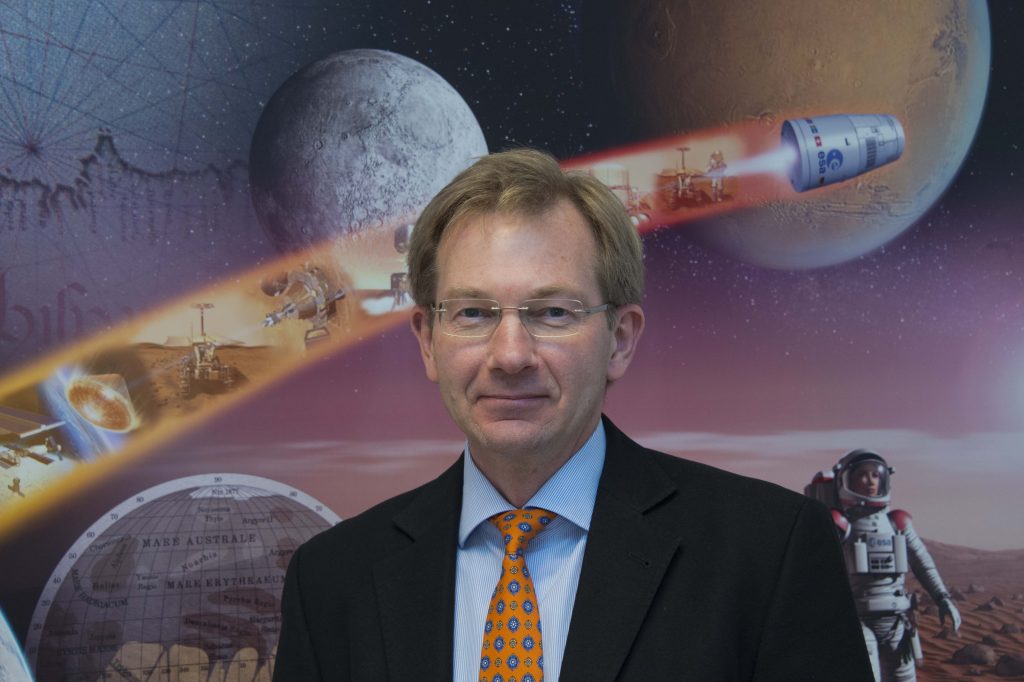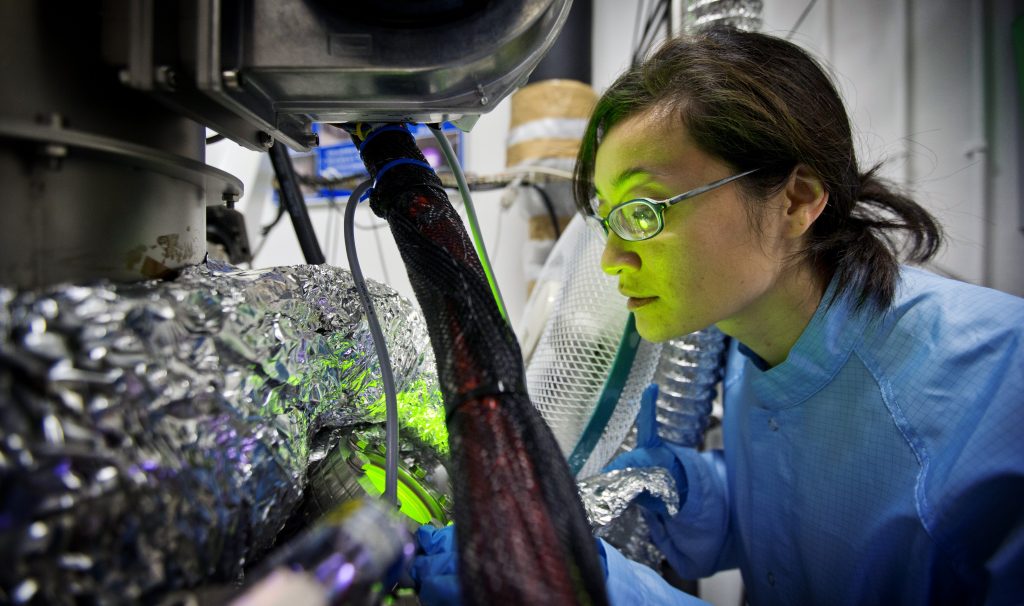The martian experts are tasked to get the most scientific value from the samples that will be returned to Earth. This selective group of scientists hail from the United States, several European countries, Canada and Japan.
“These 16 individuals will be the standard-bearers for Mars Sample Return science,” said Michael Meyer, Mars Exploration Program lead scientist for NASA.
As ESA’s Mars Sample Return lead scientist Gerhard Kminek points out, “they are a diverse group with wide scientific expertise – they have the best the world has to offer. We are all looking forward very much to work together on this historic campaign.”

Scientists from ESA Member States are:
- Audrey Bouvier –Bayerisches Geoinstitut, Universität Bayreuth, Germany
- Lydia Hallis –School of Geographical and Earth Sciences, University of Glasgow, UK
- Ernst Hauber – Institute of Planetary Research, German Aerospace Center, Germany
- Susanne Schwenzer – School of Earth, Environment and Ecosystem Sciences, The Open University, UK
- Kimberly Tait – Department of Natural History, Royal Ontario Museum, Canada
- Jessica Vanhomwegen – Laboratory for Urgent Response to Biological Threats, Institut Pasteur, France
- Maria-Paz Zorzano Mier – Astrobiology Centre, National Institute for Aerospace Technology, Spain
The members from the United States and Japan in the group are:
- Andy Czaja –Department of Geology, University of Cincinnati
- Nicolas Dauphas – Origins Laboratory, The University of Chicago
- Katherine French – Central Energy Resources Science Center, U.S. Geological Survey
- Rachel Harris – Department of Organismic and Evolutionary Biology, Harvard University
- Laura Rodriguez – NASA Jet Propulsion Laboratory
- Andrew Steele – Earth and Planetary Laboratory, Carnegie Institution of Washington
- Michael Thorpe – Johnson Space Center Engineering, Technology and Science at NASA’s Johnson Space Center / Texas State University
- Tomohiro Usui – Japan Aerospace Exploration Agency (JAXA), Institute of Space and Astronautical Science (ISAS)
- Michael Velbel – Department of Earth and Environmental Sciences, Michigan State University
These scientists will support the planning and oversight of the Mars Sample Return science programme. They will also function as a science resource to the campaign’s flight project teams as well as to Earth-based ground activities, such as sample recovery and curation.
The group will develop procedures to allow the world-wide scientific community to become involved with these first-ever samples to be retrieved from another planet.

The first meeting of the Mars Sample Return Campaign Science Group is scheduled for June 28-29.
The strategic NASA and ESA partnership for the Mars Sample Return campaigns is the first set of missions to return samples from another planet and will include the first launch from the surface of another planet.
The joint NASA-ESA Mars Sample Return Campaign promises to revolutionise humanity’s understanding of Mars by bringing scientifically selected samples to Earth for study using the most sophisticated instruments around the world.
By better understanding the history of Mars, we will improve our understanding of all rocky planets in the solar system, including Earth.

Discussion: no comments